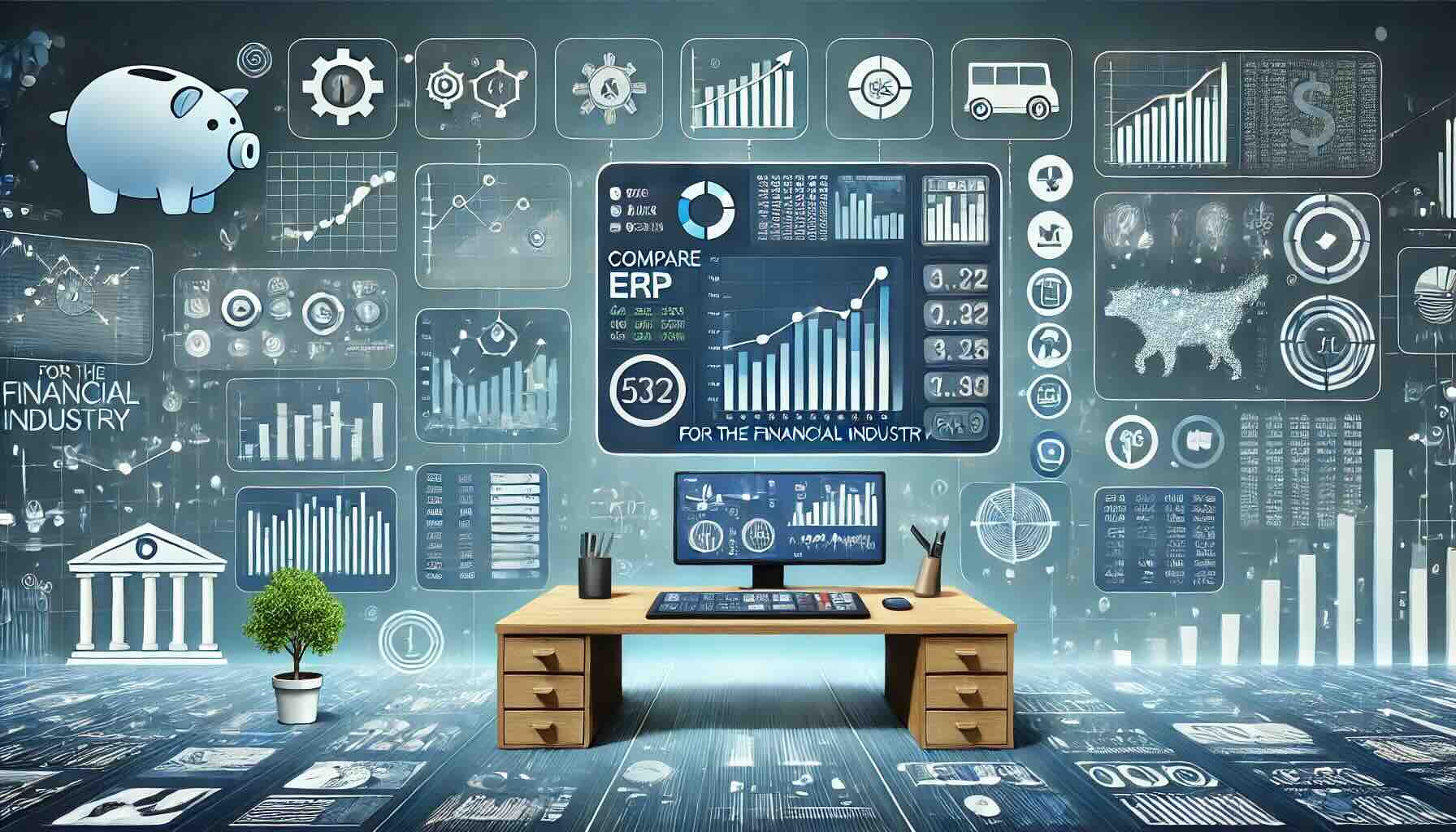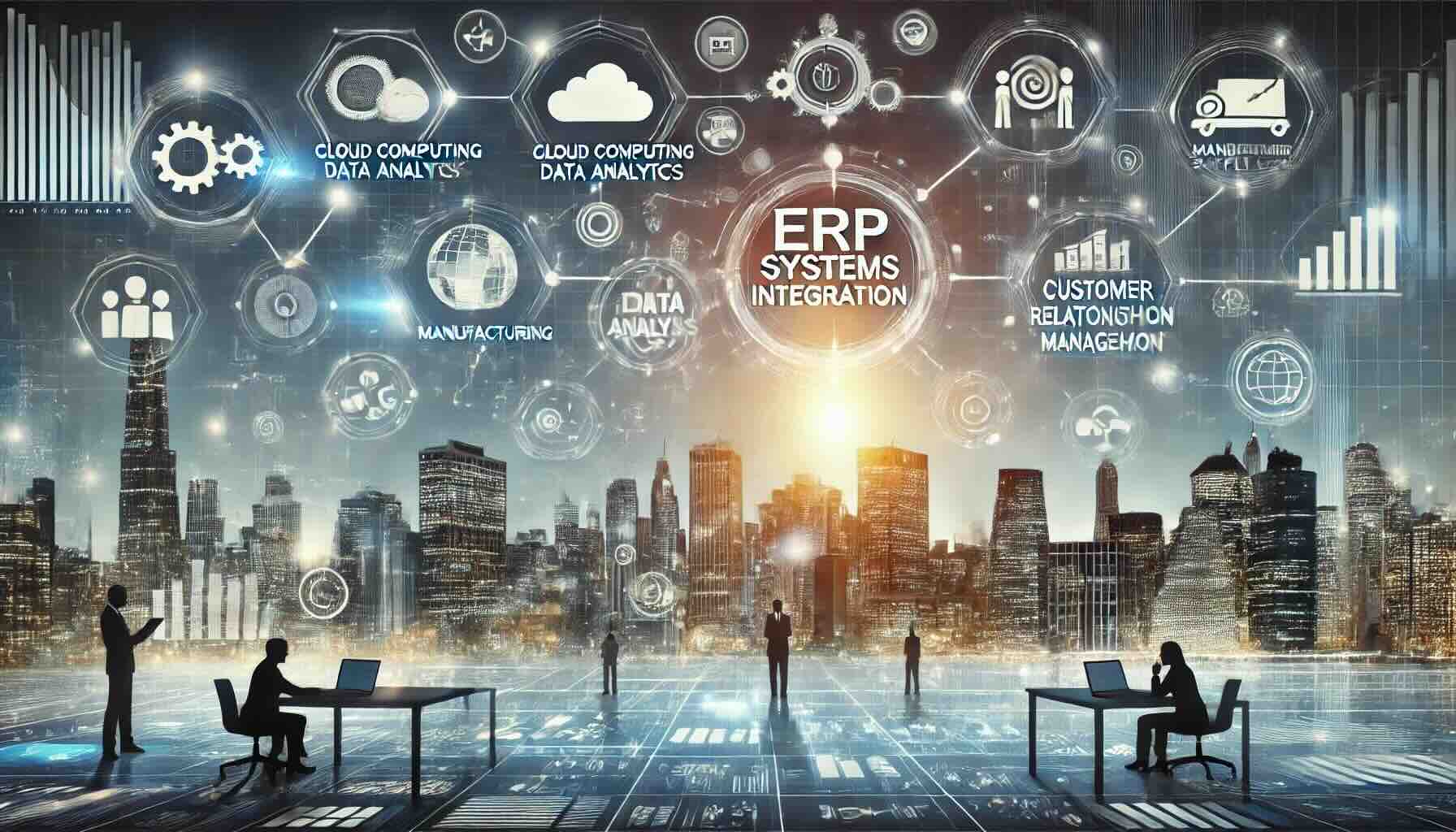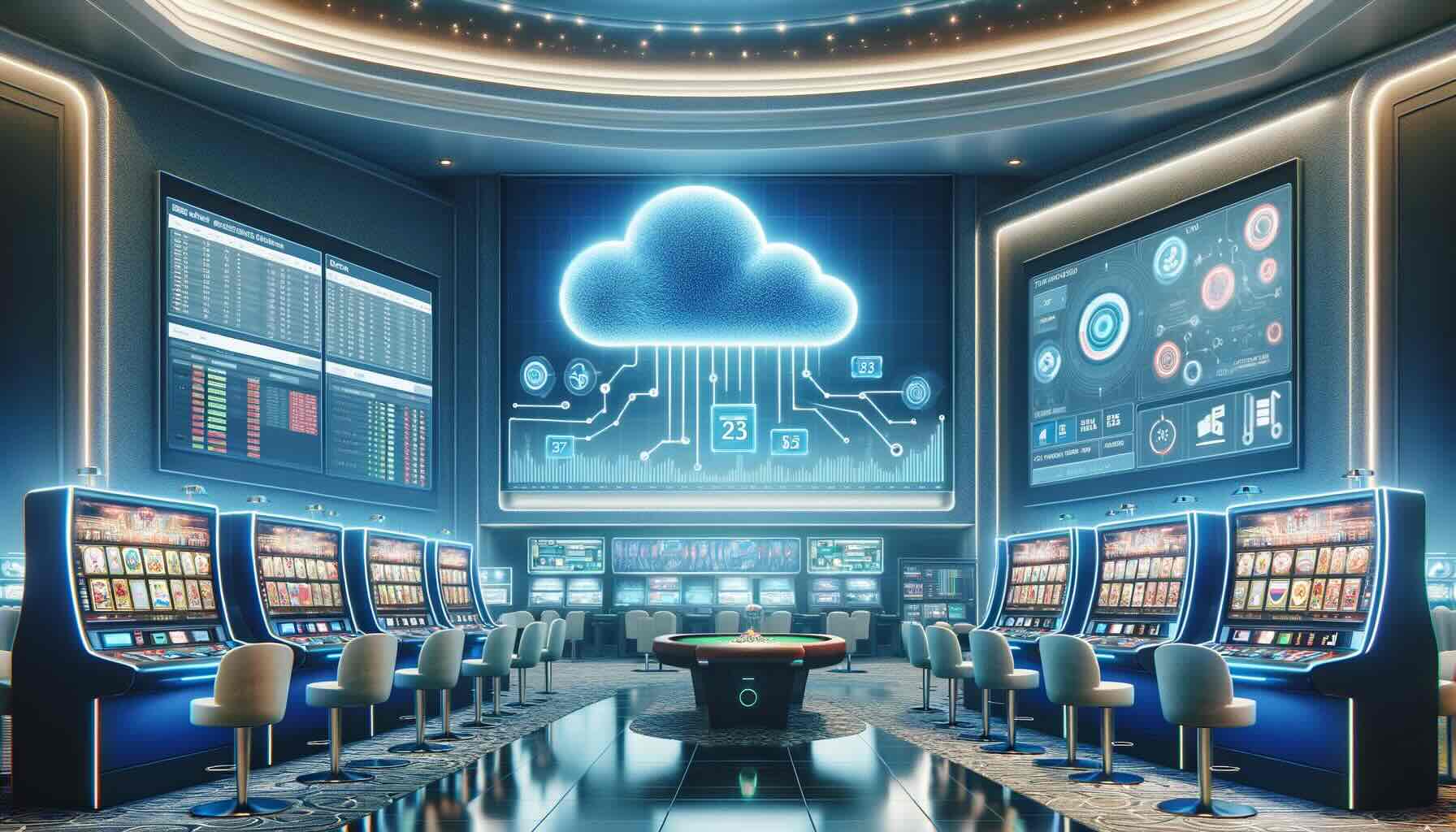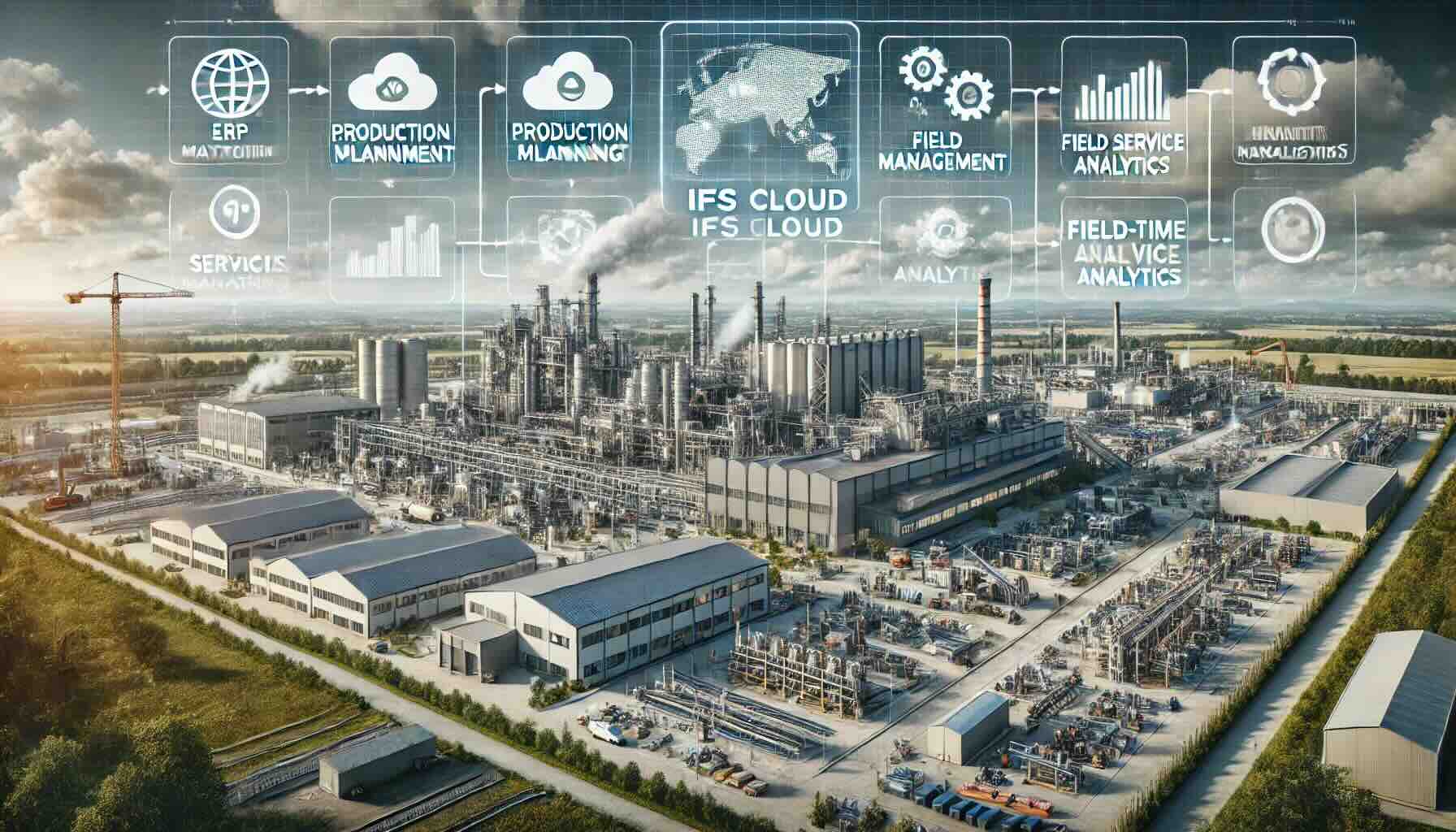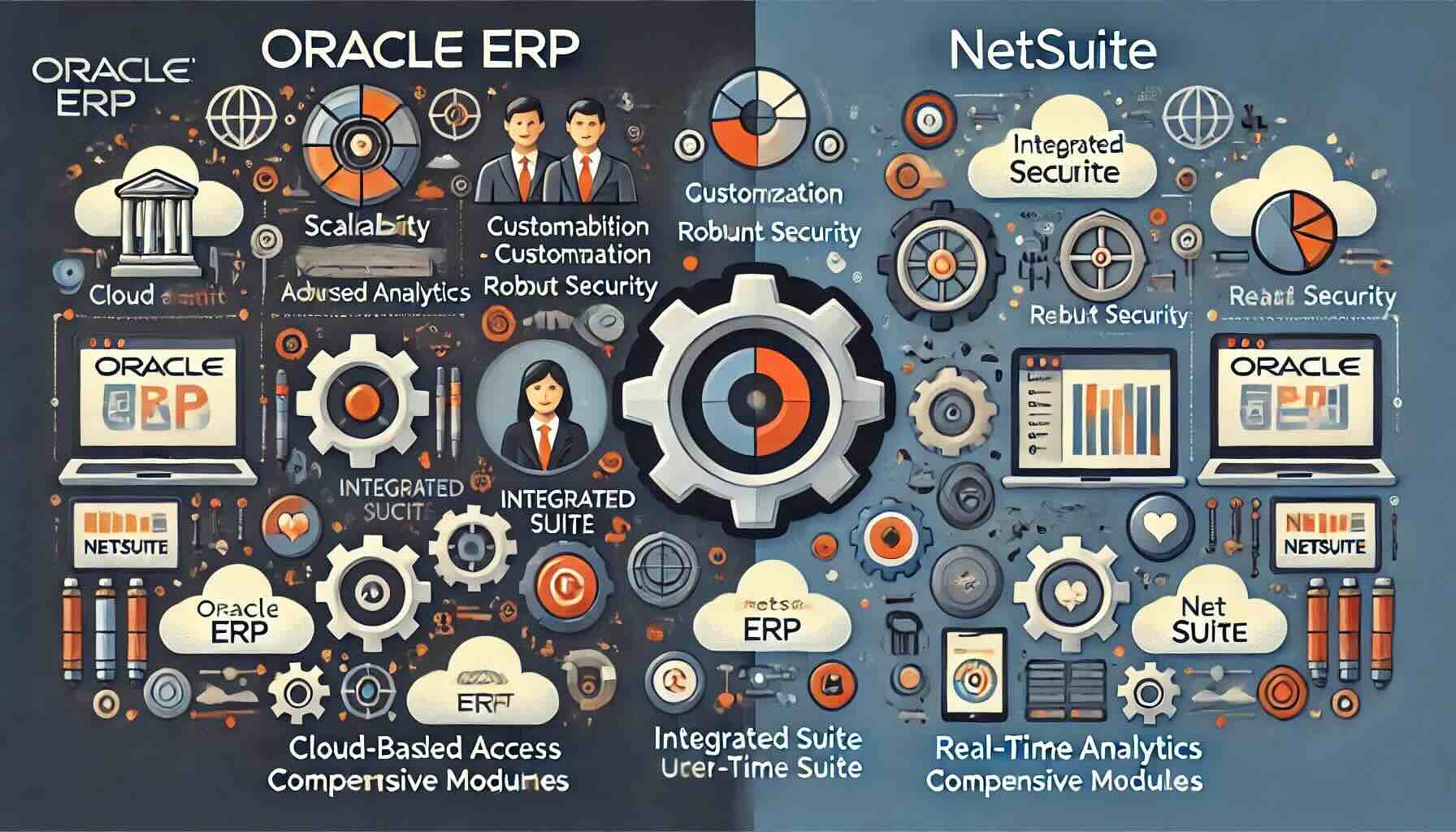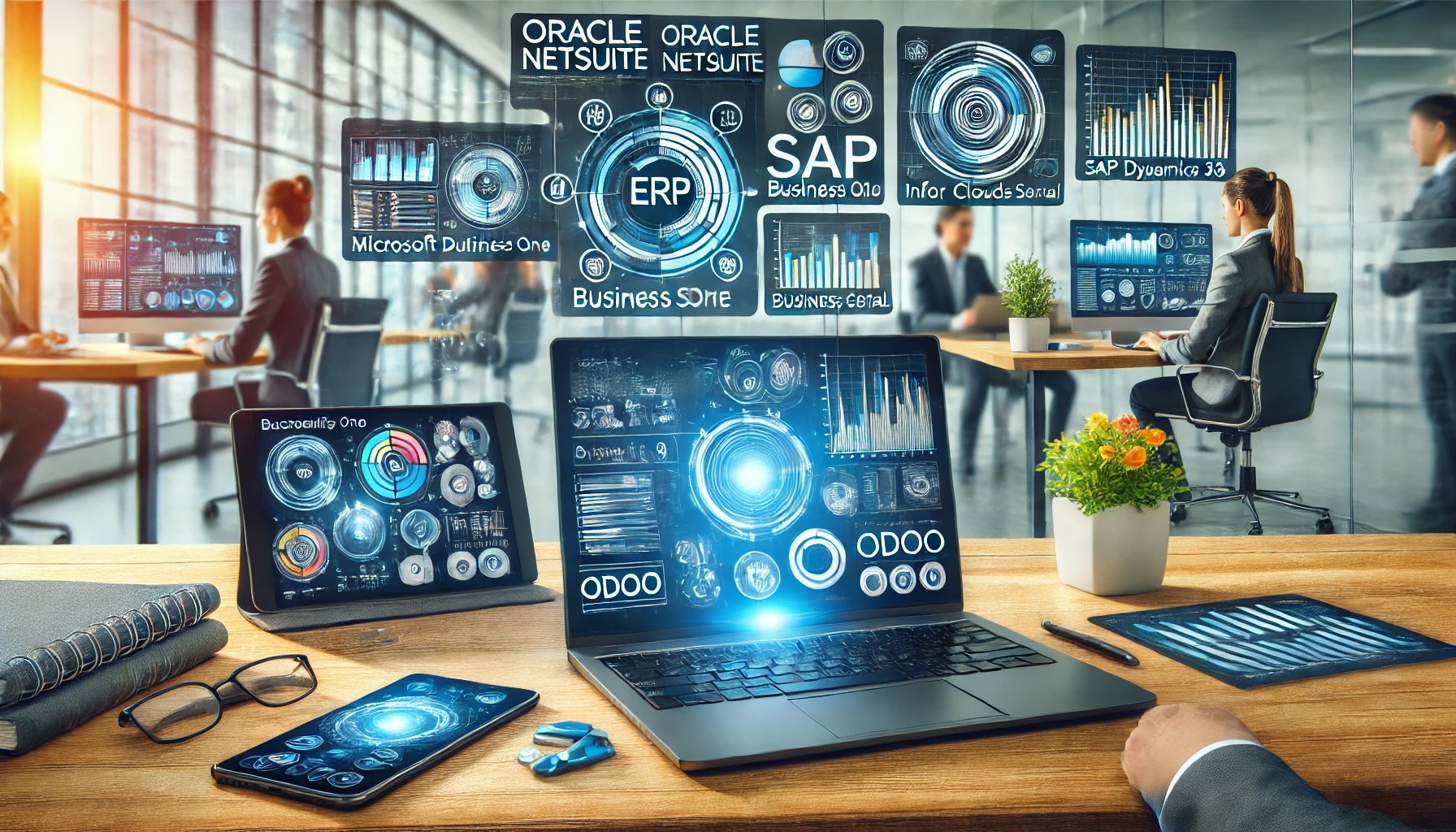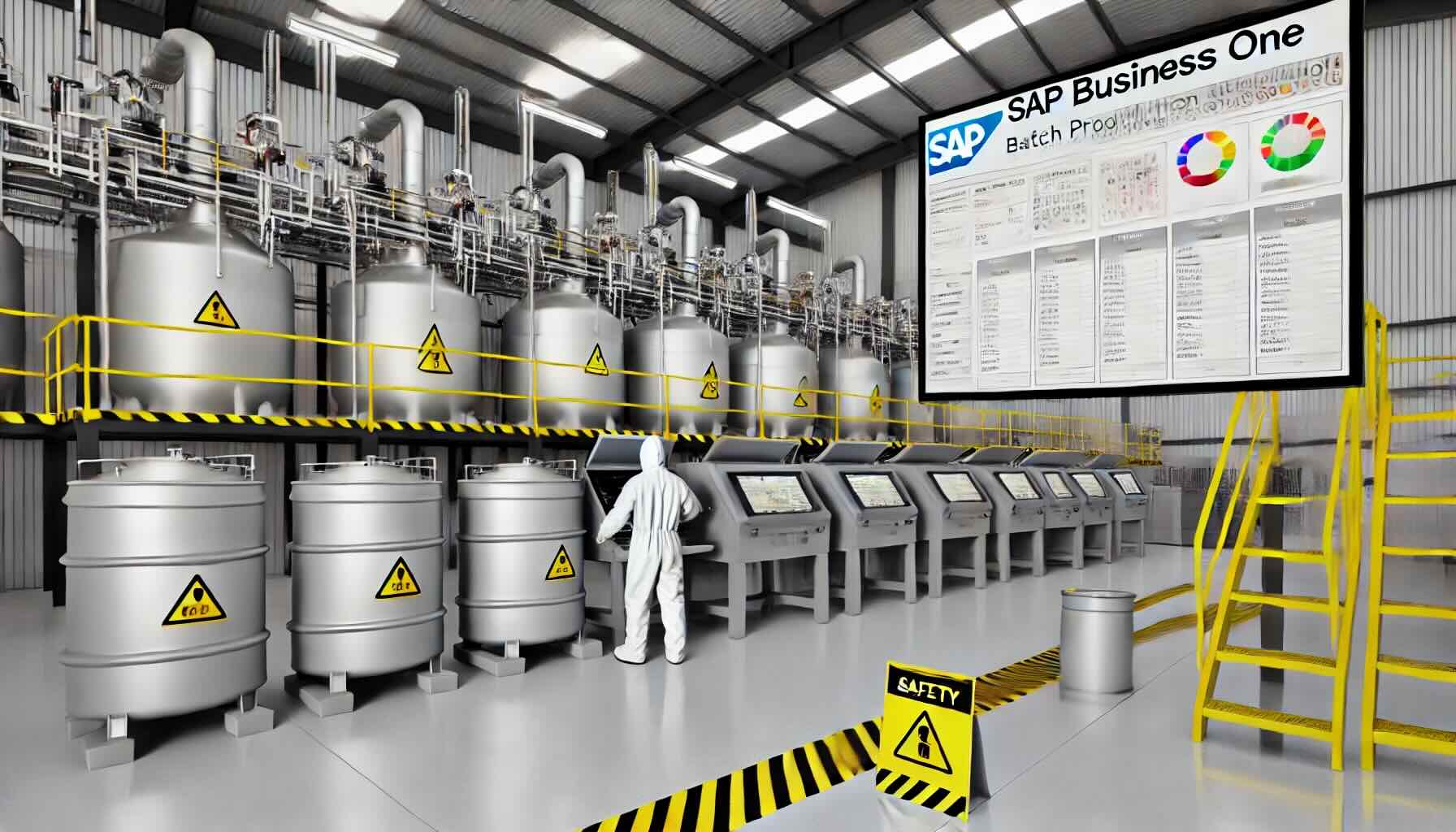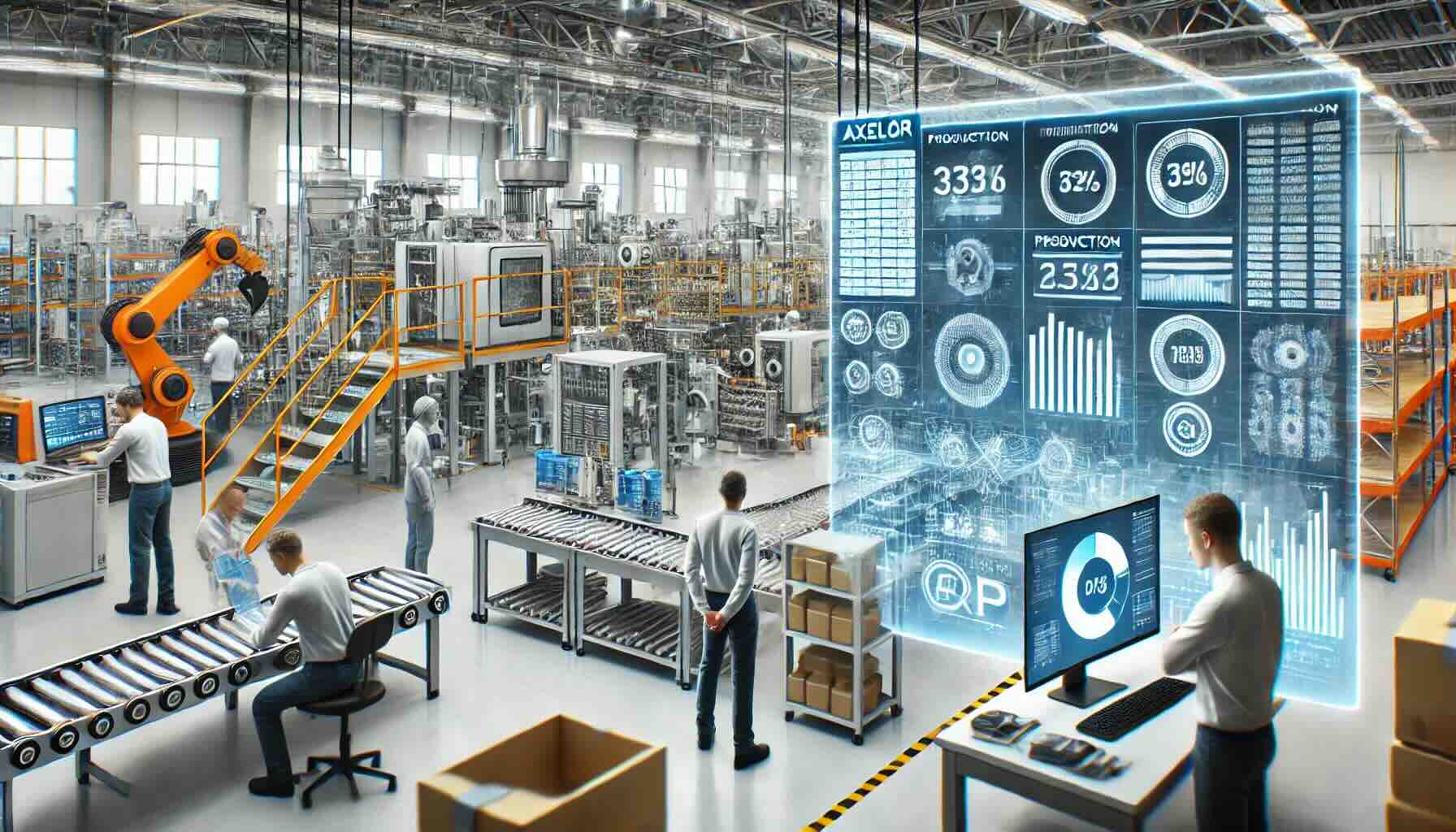Which ERP Software is Best for Retail Businesses?
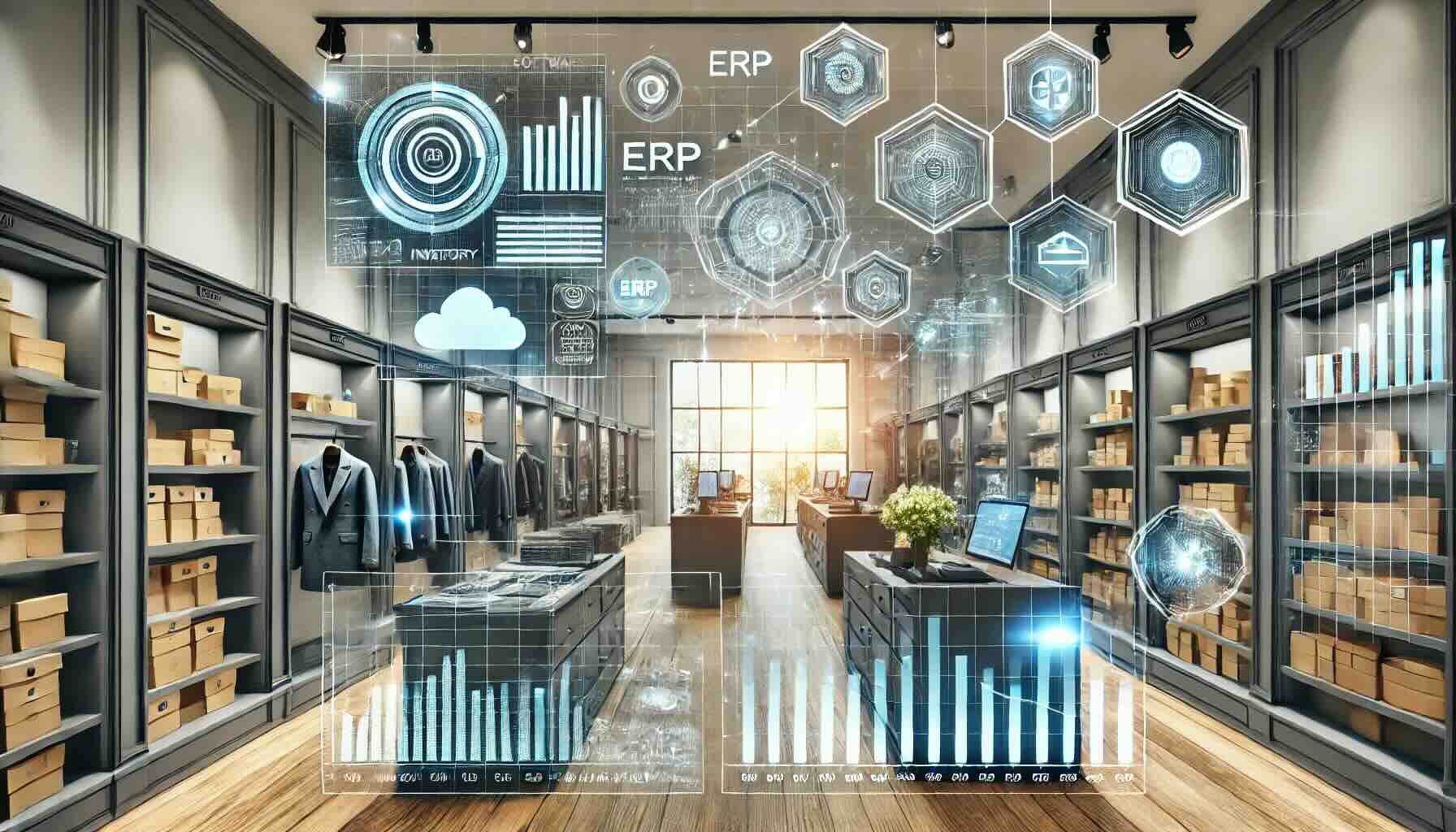
Retail businesses are under constant pressure to deliver seamless shopping experiences while managing increasingly complex operations behind the scenes. From inventory and order management to customer relationships and multichannel sales, the right ERP solution can make all the difference. But with so many systems out there, which ERP software is best for retail businesses?
Let’s explore what makes an ERP ideal for retail and dive into the top choices that are helping retail brands thrive in 2025.
Why ERP is Essential for Retail Businesses
Retail involves a diverse set of moving parts – product management, vendor coordination, POS systems, e-commerce integration, customer data, and financials. Without centralized tools, retailers risk data silos, manual errors, and operational delays.
ERP software for retail brings everything together under one platform, enabling:
-
Real-time inventory tracking
-
Automated purchase and sales processes
-
Customer relationship and loyalty program management
-
Multi-store or omnichannel control
-
Integrated financial reporting and analytics
In short, the right ERP empowers retailers to work smarter, not harder.
What to Look for in ERP Software for Retail
When comparing ERP systems, here are the must-have features for retail success:
-
Real-Time Inventory Management
-
Integrated POS Functionality
-
Customer Relationship Tools (CRM)
-
E-commerce Compatibility
-
Multi-location Support
-
User-Friendly Dashboards and Reporting
Now let’s explore the ERP software best for retail brands – based on performance, features, and scalability.
Top 5 ERP Software Solutions for Retail
1. NetSuite ERP
Best for: Growing and mid-sized retail businesses
NetSuite by Oracle offers a full-suite, cloud-based ERP platform designed for modern retailers. It supports omnichannel commerce, order management, financials, and CRM – all in one integrated system.
Pros:
-
Powerful analytics
-
Excellent scalability
-
Industry-specific modules for retail
Cons:
-
Higher cost
-
Longer implementation time
To find out more about NetSuite you can visit this link.
2. Microsoft Dynamics 365
Best for: Retailers needing advanced insights and Microsoft integration
Dynamics 365 brings together ERP and CRM with AI and business intelligence. Perfect for businesses using Microsoft tools, it offers predictive insights, workflow automation, and tailored modules for retail.
Pros:
-
Smart analytics and forecasting
-
Seamless Microsoft 365 integration
-
Customizable for unique retail workflows
Cons:
-
Requires training for full adoption
-
Can be pricey for small retailers
To find out more about Microsoft you can visit this link.
3. Infor CloudSuite Retail
Best for: Large and enterprise-level retailers
Infor CloudSuite Retail is a comprehensive cloud-based ERP solution designed for the complexities of modern retail. It delivers end-to-end capabilities across merchandising, supply chain, financials, and customer experience – all with AI-driven insights.
Pros:
-
Purpose-built for retail
-
Strong supply chain and inventory tools
-
Scalable for enterprise-level operations
Cons:
-
Higher learning curve
-
Premium pricing for full features
To find out more about Infor you can visit this link.
4. Odoo
Best for: Customization and modular flexibility
Odoo is an open-source ERP platform that lets you choose only the modules you need – such as POS, inventory, accounting, e-commerce, and CRM. It’s great for retailers that want flexibility without enterprise-level pricing.
Pros:
-
Modular and affordable
-
Active development community
-
Customizable to fit any retail model
Cons:
-
Setup can be technical
-
Some features require paid upgrades
To find out more about Odoo you can visit this link.
5. SAP Business One
Best for: Complex retail operations and international growth
SAP Business One is a robust ERP built for small to mid-sized businesses, with powerful capabilities in inventory, sales, finance, and supply chain. It’s ideal for retailers scaling across multiple countries or managing large product catalogs.
Pros:
-
Enterprise-grade features
-
Reliable performance for large inventories
-
Advanced reporting
Cons:
-
Expensive for small businesses
-
Implementation complexity
To find out more about SAP Business One you can visit this link.
Conclusion: What’s the ERP Software Best for Retail?
Finding the ERP software best for retail depends on the size, complexity, and growth goals of your business.
-
Need full functionality and scalability? Go for NetSuite or SAP Business One.
-
Want a flexible, modular approach? Odoo is your best bet.
-
Looking for deep industry focus at scale? Infor CloudSuite Retail shines.
-
Want tight integration with Microsoft tools and AI capabilities? Dynamics 365 is the one.
Final Thoughts
Choosing the ERP software best for retail isn’t just a technology decision – it’s a strategy to drive smarter growth, smoother operations, and better customer experiences. Take the time to explore demos, consider your business needs, and invest in a system that grows with you.
Your ERP is the backbone of your retail operation – make sure it’s built to support success.
Find the Perfect ERP in Minutes
Choosing the right ERP can transform your business. With our AI-powered Compare ERP tool, you can quickly explore and compare solutions tailored to your needs. Get a personalized recommendation in less than five minutes. Our advanced engine analyzes millions of data points across 100+ ERP solutions, delivering your top three picks based on your business priorities. Best of all, it’s completely free. Take the first step toward streamlining operations and boosting productivity – start comparing today!
By carefully evaluating your requirements and conducting thorough vendor assessments, you can identify the ERP software best for retail that will not only streamline your processes but also position your company for future success.
